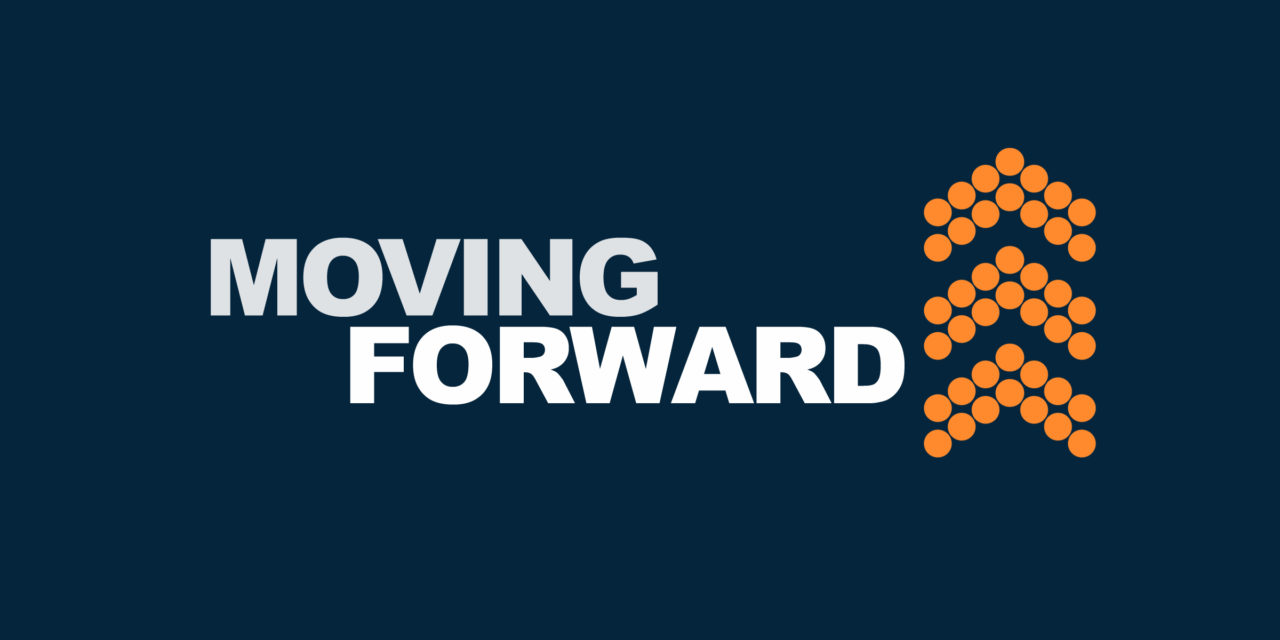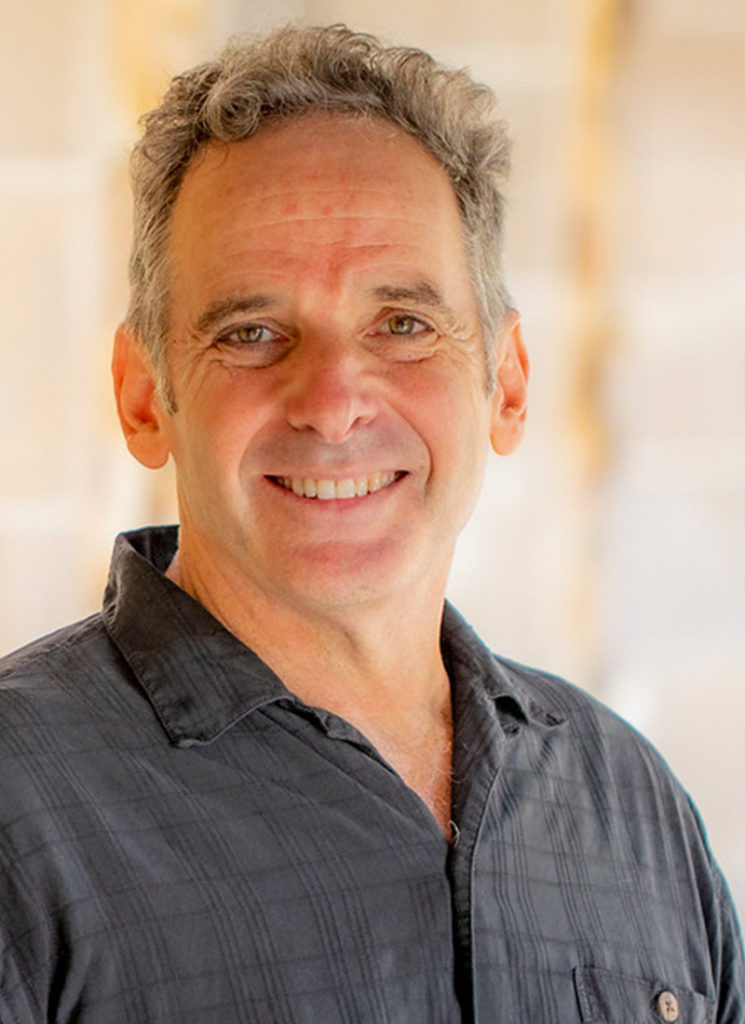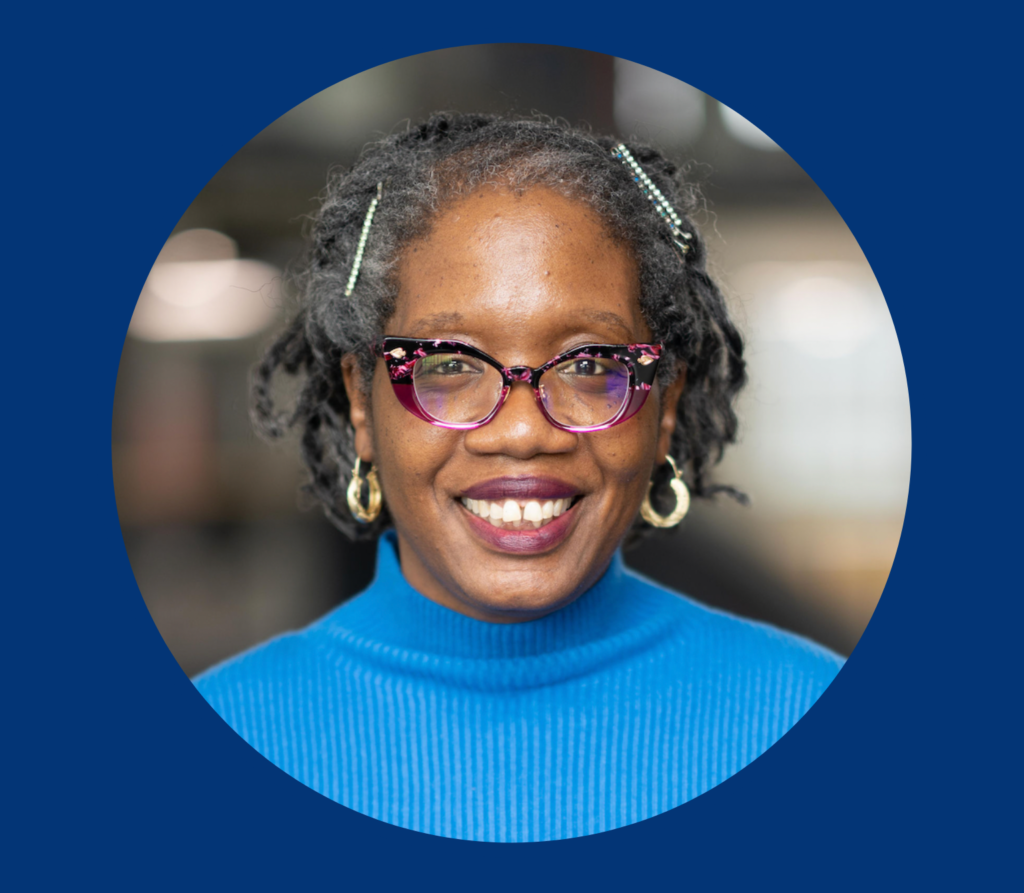As we look ahead to a new year, I have asked some Memphians who care deeply about their city’s future for their resolutions or reflections for 2024. I am deeply grateful for their thoughtful submissions.
Today’s commentaries are by Eric Gottlieb and Adrienne Johnson Martin. Eric came with his family to Memphis in 1998 to teach mathematics at Rhodes College. He is co-founder of the Overton Park Alliance, a collective of community organizations formed to address the greensward parking issue. Adrienne is executive editor of MLK50. She is former managing editor of Duke Magazine, Duke University’s alumni publication and before that with Los Angeles Times, where she was part of 1994 Pulitzer Prize-winning team, and News & Observer in Raleigh.
A few years ago, I attended a workshop for people interested in community-responsive development. The most valuable thing I learned was a mindset articulated by one of the organizers: “No one is coming to save you.”
Do you wish someone would fix up that blighted property on your street, open a restaurant close by, or build more affordable housing? Well, you are someone, and you know what kind of development will work best in your community. The workshop was structured around empowering participants to build the neighborhoods they want to live in. Developers from other parts, even if well-intentioned, lack the knowledge, insight, and understanding of locals.
Memphis has her fair share of struggles. Too much ink is spent running our city down, so I won’t list her problems here, but I do want to reflect on how we can apply the organizer’s sobering and empowering message. We must accept that no one is coming to save her. Elected officials, spiritual leaders, first responders, business chiefs, and educators have important roles to play, but Memphis’ challenges are beyond their powers alone.
If Memphis is to be saved, it is up to us. We can start where we live. The measures we take need not be heroic; small, regularly applied efforts can yield big results.
For years, my neighbor would pick up trash each day as he walked his dog. His small but consistent act modeled and helped to build a culture of ownership and pride in our area. Cleaning up litter can turn a street that feels run-down into one that people want to live on. This makes it worthwhile for developers to fix up derelict properties, which can reduce neighborhood crime.
I have a friend who volunteered at a school for a couple of hours each week teaching two girls how to read. Such interventions help the children being tutored, but they also reduce their teachers’ workload and stress, which allows them to work more effectively with the whole class. At scale and over time, they can reduce teacher turnover and improve test scores, making the neighborhoods served by the school more attractive.
Another friend has spent years working with (as she calls them) neighbors currently experiencing homelessness. When she helps someone find housing, they’re less likely to commit petty crime or to wind up in the emergency room or in jail, saving taxpayers tens of thousands of dollars per year. It reduces emotional and financial stress on their families and loved ones. Some of the formerly unhoused people she has helped now work with her to help others experiencing homelessness.
Small acts of service can have big effects if they’re performed consistently by enough people. Dr. Martin Luther King, Jr. said “Everybody can be great… because anybody can serve.” He was talking to us.
If your neighbor’s car won’t start, driving them to work could allow them to keep their job. Serving on the board of your neighborhood association can help your community to build relationships with and get help from code enforcement, first responders, and elected officials. Being a point of stability to a kid who needs one can change the direction of their life. Like a local developer, you know best what your community needs.
An ant carrying one grain of sand at a time cannot build a nest, but a colony of ants working together can. My hope for the coming year is that Memphis embraces what ants know: if we each do a little, we can all do a lot.
***
I’m a big believer in speaking things into existence. You know how people look in the mirror and say, “Hello, gorgeous” to give themselves a boost? I hope everyone tries that when they talk about Memphis, this year. Instead of talking about the city being “dangerous,” let’s practice saying it’s “glorious.” I’m not saying that will solve every problem, but I do think it will start a shift in mindset, and that’s the beginning. It’s the truth too!





